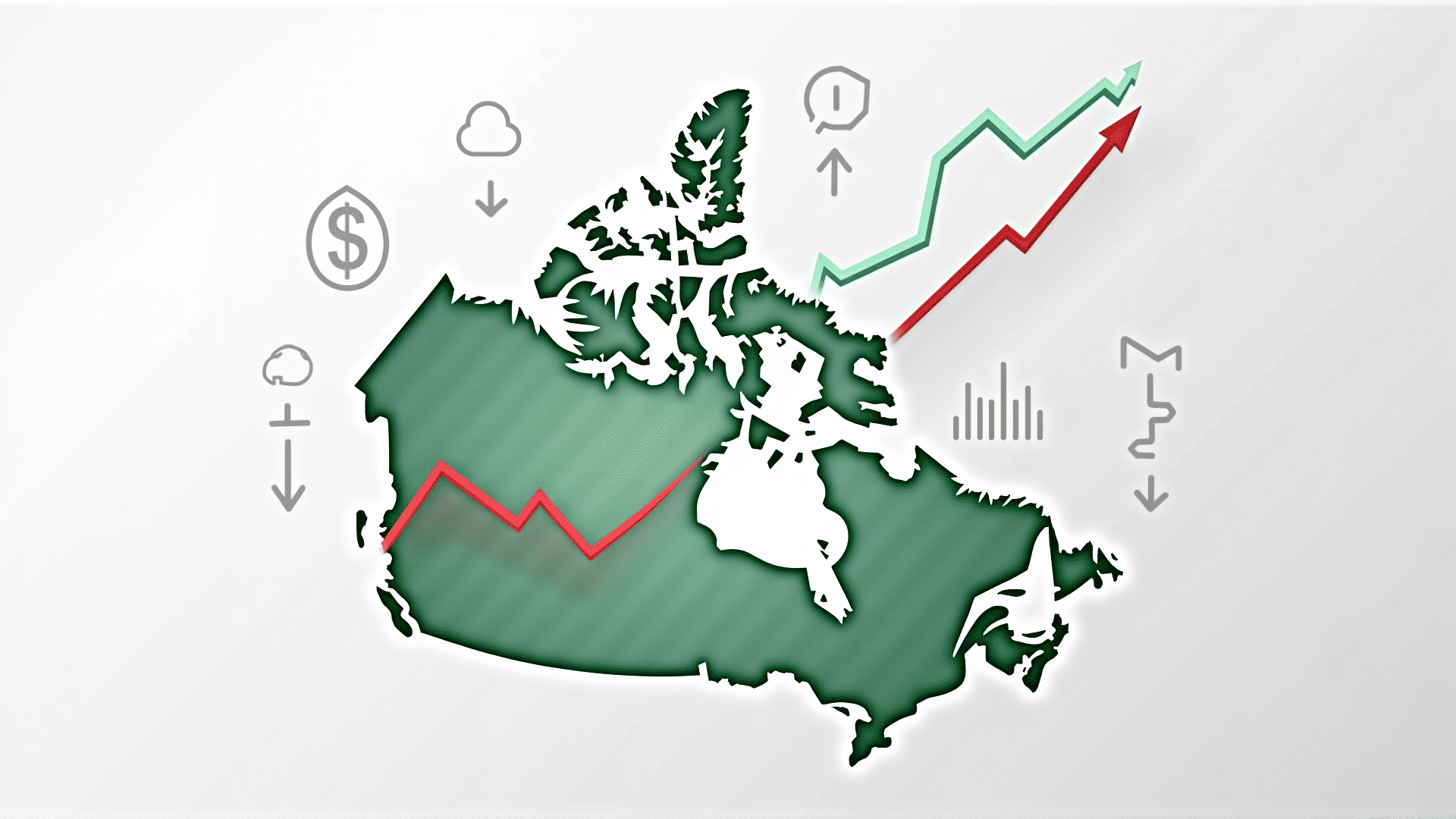Canada's market landscape is evolving rapidly, and several key trends are shaping the future of its economy and affecting how businesses operate. These trends reflect broader changes in consumer behavior, technological advancements, and global economic shifts.
1. Sustainability and Green Economy
The emphasis on sustainable practices is becoming increasingly important in Canada. Consumers are more conscious of environmental impacts, pushing businesses to adopt greener practices. This trend is seen across various sectors, from fashion adopting eco-friendly materials to food industries emphasizing locally sourced, organic products. As the government strengthens regulations on emissions and waste, companies are re-evaluating their operations to be more energy-efficient and reduce carbon footprints. This not only aligns with consumer expectations but also positions companies favorably within the marketplace.
2. Digital Transformation
The technological shift has been accelerated two-fold over recent years, influencing how companies operate and engage with customers. Businesses across Canada are investing in digital tools and platforms, driven by increasing demand for online services and remote work solutions. The implementation of AI and data analytics is enhancing decision-making processes and customer experiences. Furthermore, e-commerce platforms are expanding, catering to the changing habits of digital-savvy consumers who prioritize convenience and speed.
3. Health and Wellness Focus
There is a growing awareness and concern for health and wellness in Canada, with consumers actively seeking products and services that promote well-being. From health foods to mental wellness applications, this trend is broadening the scope for innovation in related sectors. Businesses are integrating wellness into their value propositions, responding to demand with health-conscious options and wellness-oriented services.
4. Urbanization and Infrastructure
As urban areas expand, infrastructure development is crucial. Canadian cities are seeing a rise in public transportation projects, housing developments, and infrastructure to support smart city initiatives. This growth is creating opportunities in construction and technology sectors. Companies are collaborating with municipalities to deliver advanced solutions, helping to design more efficient and sustainable urban environments.
5. Inclusive and Diverse Workplaces
There is an increasing call for diversity and inclusion in Canadian workplaces. Businesses are being held to higher standards regarding equity, diversity, and inclusion (EDI) policies. Companies are reassessing workplace culture and recruitment processes to ensure they foster an environment that reflects societal diversity. This not only enhances company culture but also appeals to a broader talent pool, facilitating innovation.
6. Evolving Workforce
Canada's workforce is undergoing significant changes. The blending of different working models, such as hybrid and remote work, is reshaping traditional employment structures. Organizations are now tasked with creating flexible working environments that promote work-life balance. Additionally, there is an emphasis on upskilling and reskilling to meet the needs of an increasingly digital economy, with education and training programs becoming more tailored to address future job requirements.
Potential Impacts
These trends are set to have profound impacts on Canada's economy and its businesses. Companies that are adaptable and quick to align with these changes will likely experience growth and increased competitiveness. Moreover, the focus on sustainability, technology, and a skilled workforce supports long-term economic resilience.
For businesses, these trends present both opportunities and challenges. Embracing digital transformation and sustainability, for instance, can require considerable investment but offer substantial pay-offs in terms of efficiency and innovation. Similarly, understanding and catering to health and wellness trends can open new markets but also demands a deep understanding of changing consumer needs.
In summary, as Canada continues to adapt to these emerging trends, businesses must be proactive and forward-thinking, ensuring that they are well-positioned to thrive in a dynamic and evolving market landscape.
